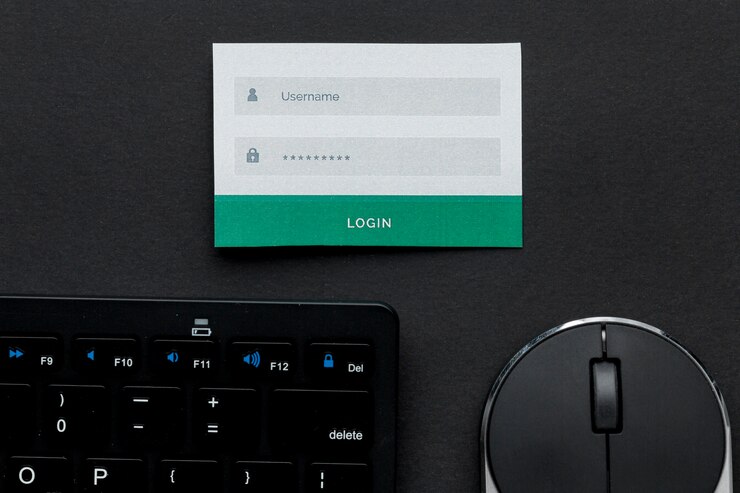Tax Planning Strategies For Freelancers And Independent Contractors

The job of being a freelancer and independent contractor can be fulfilling and profitable. However, it comes with its own set of unique challenges, which include the management of taxes. As a self-employed individual, you are burdened with the responsibility of calculating and paying your own taxes. You would not have an employer to withhold taxes from your paycheck.
This is where tax planning strategies come in. By carefully planning your taxes, you can minimize your tax obligations and save money. With the help of professional small business tax services, you will have peace of mind. Your tax preparer will handle the finances while you focus on the more important aspects of your business.
Tax planning strategies for freelancers and independent contractors
- Consider setting up your own business.
Consider incorporating freelancing as a business for tax benefits and legal protection. Sole Proprietorship is the simplest form in which the freelancer is personally responsible for everything. While it is appealing and easy to set up, it has unlimited personal liability.
On the other hand, LLC offers limited liability protection, separating personal assets from business debts. It requires more paperwork but keeps your assets safe.
- Track your profit and expenses.
To stay on top of taxes, set aside time monthly to organize profits and expenses. Independent workers must pay quarterly estimated taxes. You can divide yearly earnings by four or track income each quarter.
Overestimating is always better than underestimating because it helps you to avoid underpayment. Paying all taxes in spring may invite audits, penalties, or interest. Estimate slightly higher than the previous year and consult a tax advisor for accuracy.
- Staying compliant and avoiding penalties.
Unlike traditional employees, freelancers and independent contractors are responsible for their own taxes. These include income tax, self-employment tax, and state and local taxes. Make sure you are aware of the deadlines and laws that apply to your type of work. Staying compliant ensures your time is not wasted, and you do not have to pay money for penalties.
- Understand your eligible tax deductions and credits.
Understanding which tax deductions you are eligible for is another important part of tax filing. In fact, freelancers and independent contractors have a vast range of deductions to benefit from. Common deductions include car mileage, home office expenses (like supplies, internet, and sometimes rent/mortgage portions), professional development costs, travel expenses, and health insurance premiums.
- Set money aside for quarterly payments.
You can find the date for your quarterly payments on the IRS website. Make sure you keep some funds aside every month to pay these taxes. The general rule of thumb is to keep aside 30% of your income from a single client. This ensures that you have sufficient funds during tax season.
Self-employment taxes are a difficult area to navigate. Hire professional tax services to get help today!
Also Read: How The UK Govt Tackles Tax Evasion and Tax Fraud?





